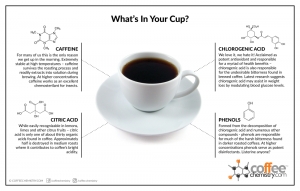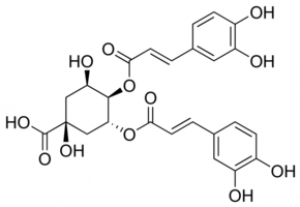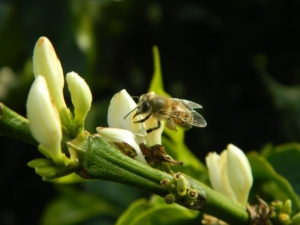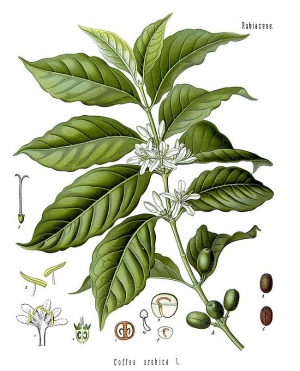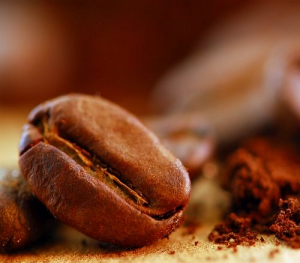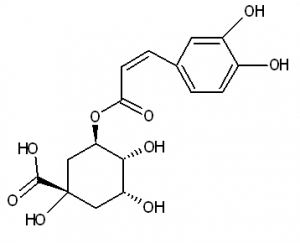Displaying items by tag: chlorogenic acid
What's in Your Cup - 2013 Edition
Everyday over 2.25 billion cups cups of coffee are consumed globally in both producing and consuming countries. Quite impressive, but have you ever wondered what exactly is in your cup of coffee?
Chlorogenic Acid
Discovered in 1932, chlorogenic acids (CGA) represent a large family of esterified compounds present in green and roasted coffee. During roasting, CGA's slowly decompose to form caffeic and quinic acid with about 50% of the original CGA being destroyed in a medium roast.
The Chemistry of Organic Acids: Part 1
In the past two series of articles we briefly discussed a handful of important chemical components. This month we will zoom in organic acids and explore their role in flavor development in coffee.
Buzzing Bees May be Addicted to Caffeine
Think humans are the only living creatures that are hooked on caffeine? Well think again. Scientists at the University of Haifa (Israel) found that bees may actually prefer nectar traced with caffeine and nicotine over nectar without.
Differences between Arabica and Robusta Coffee
Although arabica and robusta coffee may appear similar appearance - there are a number of differences that significantly differentiate these two popular species of coffee. The following list points out a few basic differences.
Cup of Joe Found to Have More Health Benefits
June 26, 2007 - These latest findings also suggest that the antioxidants present in coffee can also lower the risk of heart disease and cirrhosis of the liver.
Antioxidant Effects of Coffee Melanoidins
September 11, 2009 - We've all heard about the beneficial effects in drinking coffee and its ability to prevent the onset of numerous diseases. But what exactly is it in coffee that provides us with these beneficial effects?
Antioxidants in Coffee
There are large number of studies both in vitro and in vivo that have demonstrated the beneficial effects of diets rich in fruits, vegetables and beverages. These positive effects are attributed in part to phenolic compounds.

